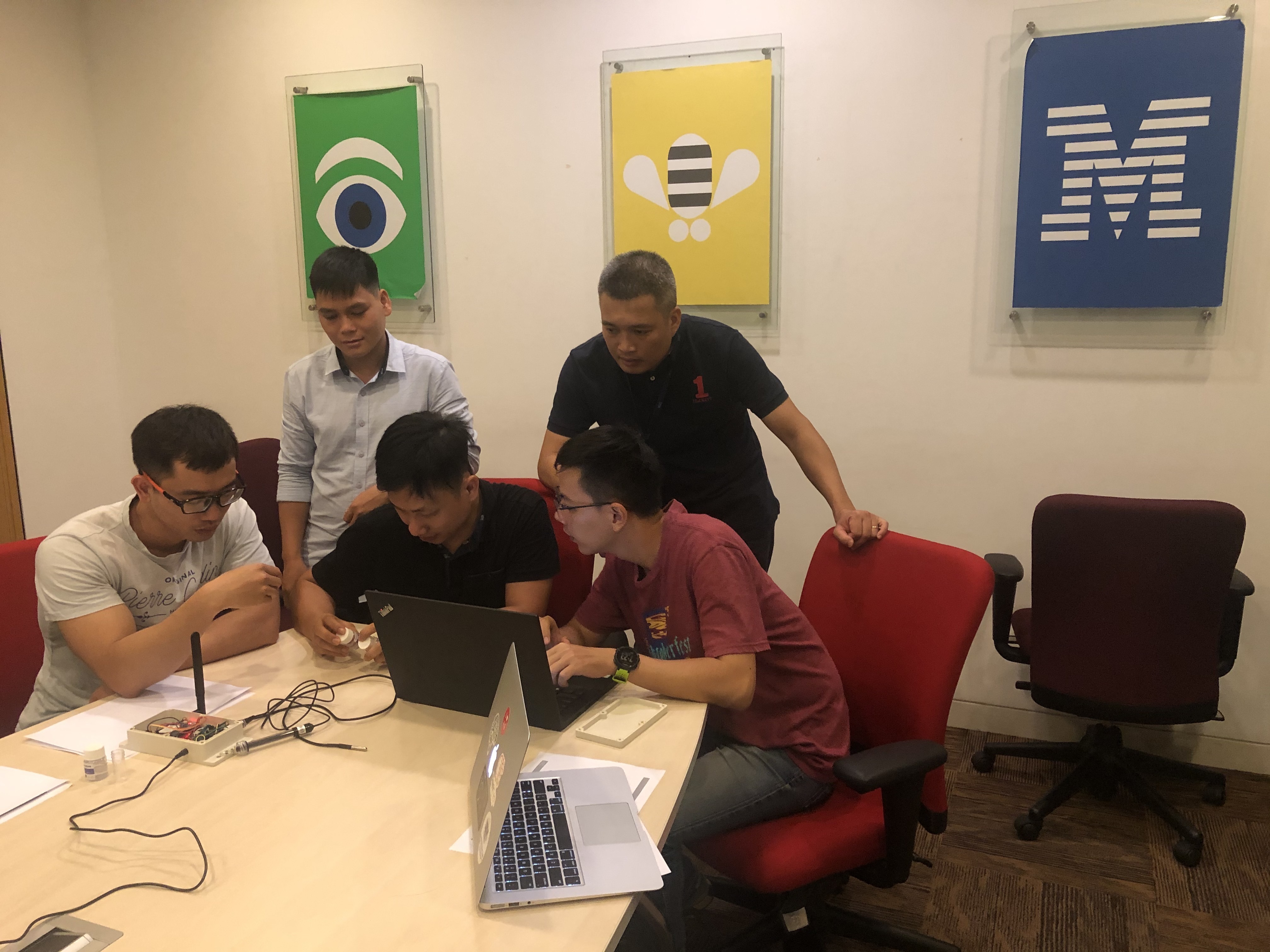The COVID-19 pandemic has prompted foreign direct investment (FDI) companies in Vietnam to speed up digital transformation and equip their employees with digital skills.
Digital transformation will not only solve problems related to labor shortage but also change how businesses operate and boost their value.
Digital training for employees
Recruiting competent laborers in the era of digital transformation remains a challenge for many enterprises, said Dang Thanh Thuy, country human resources manager at 3M Vietnam.
Very few candidates apply for positions related to data science, digital transformation, and e-commerce at the company, Thuy continued.
To solve this problem, 3M Vietnam has exerted a lot of effort to equip its staff members with skills in association with digital transformation.
“We are trying to digitize our training, development, and evaluation platforms to boost the adaptation of both corporate leaders and employees,” Thuy elaborated.
“These changes are especially necessary as people across the world are changing their way of living and working under 'new normal' conditions.”
Vietnam’s digital transformation has progressed rapidly during the COVID-19 pandemic, according to Pham Thi Thu Diep, country general manager of IBM Vietnam.
Diep encourages her employees to acquire new technology skills as well as sharpen their existing skills in cloud computing, artificial intelligence (AI), and machine learning in order to meet the market demand.
IBM Vietnam’s digital learning platform Think Academy recorded a 20 percent increase in learning hours in 2021, with key topics including cloud and cognitive practitioner training, enterprise design thinking, and automation essentials.
The company also coordinated with University of Science and Technology of Hanoi and Institute of International Experience Education and Community Health to introduce a training program on AI and robotics combined with STEAM education.
Inevitable trend
Nguyen Tram Anh, operation director of Hekate technology company, believed that laborers need to learn new technology skills to boost their productivity and prevent themselves from falling too far behind.
Specializing in AI technology, Hekate has provided many businesses with technology solutions to deal with labor shortage.
Due to the COVID-19 pandemic, digital transformation is a growing trend in Vietnam, particularly in such big cities as Hanoi and Ho Chi Minh City, Anh elaborated.
“A large number of laborers have left big cities and returned to their hometowns, resulting in labor dearth and driving businesses to seek more assistance from technology,” she explained.
Nguyen Minh Duc, head of government affairs and markets at 3M Vietnam, considered the 2020-21 period a foundation for Vietnam’s digital transformation, which has become an inevitable trend.
“This is an important driving force for sustainable growth and development in the post-COVID scenario,” Duc assessed.
In February 2021, an IBM study revealed that digital transformation has created the biggest impact on the efficiency of all institutions across all spheres.
The study showed that cloud computing, mobile technology, and AI have the most considerable effect on the operations of all businesses.
About 74 percent of the companies surveyed said they were using hybrid cloud, a solution that combines a private cloud with one or more public cloud services, to improve the security and resiliency of critical business processes.
Firms in Vietnam are improving themselves by leveraging the benefits of hybrid cloud to digitize their products and services, enhance customer experience, beef up business resilience, and minimize cyber security risks.
Companies are seeking ways to apply modernization, automation, and AI technology to their operations, said Diep, country general manager of IBM Vietnam.
Like us on Facebook or follow us on Twitter to get the latest news about Vietnam!




















































